How to solve Britain's knife crime epidemic
Experts say strategies need to move beyond legal crackdowns

A free daily email with the biggest news stories of the day – and the best features from TheWeek.com
You are now subscribed
Your newsletter sign-up was successful
The Government has been accused of “playing catch-up” on the issue of the UK’s knife crime epidemic, despite an emergency funding boost for police to tackle gang violence over the Easter weekend.
The Home Office said £51m of the £100m promised by Chancellor Philip Hammond last month was being made available for more patrols, weapon sweeps and officers.
The rest has either already been allocated to local councils or was being held back for a later date.
The Week
Escape your echo chamber. Get the facts behind the news, plus analysis from multiple perspectives.

Sign up for The Week's Free Newsletters
From our morning news briefing to a weekly Good News Newsletter, get the best of The Week delivered directly to your inbox.
From our morning news briefing to a weekly Good News Newsletter, get the best of The Week delivered directly to your inbox.
London Mayor Sadiq Khan accused the Government of “breaking its promise” to immediately give the Met and other police forces across the country £100m “just when it is most desperately needed”.
Last Easter “saw a spate of brutal street murders in London, with 17-year-old Tanesha Melbourne-Blake killed in a drive-by shooting and a 16-year-old boy shot in the face on the same night”, reports The Independent.
The extra funding was “prompted by the number of fatal stabbings rising last year to the highest since records began more than 70 years ago”, says the Financial Times.
Meanwhile, latest NHS data for hospitals in England, which includes incidents not reported to the police, shows a 15% year-on-year increase in admissions for assault with a knife or sharp instrument.
A free daily email with the biggest news stories of the day – and the best features from TheWeek.com
Earlier this week Home Secretary Sajid Javid unveiled what Sky News described as “a radical blueprint” for tackling the problem.
Javid said it should be treated like the outbreak of a “virulent disease” and declared that the "mindset of government needs to shift” to combat it.
This “signals a view of violent crime as something that should be treated as a public health crisis”, says the New Statesman.
In his speech, Javid added he wants to bring “education, health, social services, housing, youth and social workers” together to help support vulnerable young people who could be at risk.
But while “this would mark a shift in tackling knife crime in England, it’s not new”, says the New Statesman, highlighting the fact that the government unveiled its ambition to treat violent crime as a disease earlier this month. In fact what Javid’s speech “really showed was how the government is playing catch-up on this issue – as the only thing it can offer to change is its mindset”.
So what can be done?
Law and education
Under current UK laws, it is illegal for anyone to sell a knife to someone who is under 18 years of age, unless it has a “folding blade 3in long (7.62cm) or less”, says government website Gov.UK. It is also illegal to carry a knife in public without “good reason”, and there is a long list of banned knives, ranging from batons to sword-sticks.
An 80-page London Knife Crime strategy issued by the London mayor in 2017 includes advice for knife retailers in London. These retailers can also access training to ensure the “securing of knives to prevent shoplifting and to increase the interaction between the purchaser and staff to reduce the risk of ‘accidental’ sales”.
The Home Office has announced that six UK companies will receive a combined £460,000 to fast-track new technologies that can help to detect people carrying knives in crowded places.
One of the biggest challenges for police is “distinguishing concealed blades from other items such as keys and coins, but the companies will look into how technology - including radar and electromagnetic and acoustic sensors - could help detect steel-bladed knives”, says the FT.
The Government has also revealed proposals for a new legal duty obliging front-line workers in schools, hospitals and police stations to “spot warning signs” of violent crime among young people. The move has been praised by The Independent, which said that a “more joined-up approach would enable an early warning system and interventions to steer young people away from the wrong track”.
But speaking to BBC Radio 4's Today programme, Children's Commissioner for England Anne Longfield said agencies such as schools “don't often feel that they've got the tools or the systems” to deal with children who may be involved in, or at risk of, violent crime.
She added: “We've got to think of more creative and effective ways to help these children.”
Rebuilding trust
One solution to this issue is to “improve relations between the police and young people”, says Penelope Gibbs, director of Transform Justice, a charity working for justice reform.
In an article for the London Evening Standard last year, Gibbs said two high-profile stabbings in her own area, Kentish Town, had involved boys of the Somali community, but noted that she had never seen a police officer of Somali origin.
Calling for increased diversity in the force, she says: “Until the police become relevant to London teenagers, the least fearful will view crime as something you endure, while the most fearful will ‘tool up’.”
Gibbs also urged police to ensure that stop and search operations do not disproportionately target black and minority ethnic communities, noting that the issue has increased distrust while failing to reduce knife crime.
In an article for The Daily Telegraph, Victims' Commissioner Baroness Newlove backed the increased stop and search powers but argued that it must be done sensitively. “My view is that it is not what you do, but how you do it,” she writes.
“For example, if your intelligence is wrong and the youngsters you have stopped and searched have nothing to hide, then apologise. It makes a big difference to the person on the receiving end.”
Garvin Snell, an anti-knife crime activist in Hounslow, west London, told the BBC that some of the extra £100m the Government has promised to help reduce knife crime should be used to open more youth centres.
“A lot of these incidents are happening in poorer parts of London,” he said. “Why don't we do something to raise the aspirations of these young people?”
Holistic approach
A public health model adopted in Glasgow following a string of stabbing fatalities in 2007 has proven effective, with homicides in the Scottish city almost halved.
Dr Christine Goodall, director of Glasgow-based charity Medics Against Violence, told The Guardian: “It’s absolutely not just a policing issue, it involves everybody: schools, communities, hospital, prisons, and we work in workplaces as well.”
“Placing all of the responsibility on the police to enforce a the law and the courts to punish offence will not reduce [crime],” she added.
Goodall believes that a key part of tackling the issue is to educate young people about the reality of knife crime and its dangers, who “carry with them a lot of myths about the safety of violence”.
Charity boss Gibbs is calling for a similar initiative in London, to “offer these boys a different aspiration, just as the Glasgow authorities did”.
Writing in the Evening Standard, she concludes: “The provision of treatment for trauma, training opportunities, and jobs may seem like soft justice. But prison is a dead end. We need practical, common-sense solutions if we are to stem the flow of bodies.”
-
 Why are election experts taking Trump’s midterm threats seriously?
Why are election experts taking Trump’s midterm threats seriously?IN THE SPOTLIGHT As the president muses about polling place deployments and a centralized electoral system aimed at one-party control, lawmakers are taking this administration at its word
-
 ‘Restaurateurs have become millionaires’
‘Restaurateurs have become millionaires’Instant Opinion Opinion, comment and editorials of the day
-
 Earth is rapidly approaching a ‘hothouse’ trajectory of warming
Earth is rapidly approaching a ‘hothouse’ trajectory of warmingThe explainer It may become impossible to fix
-
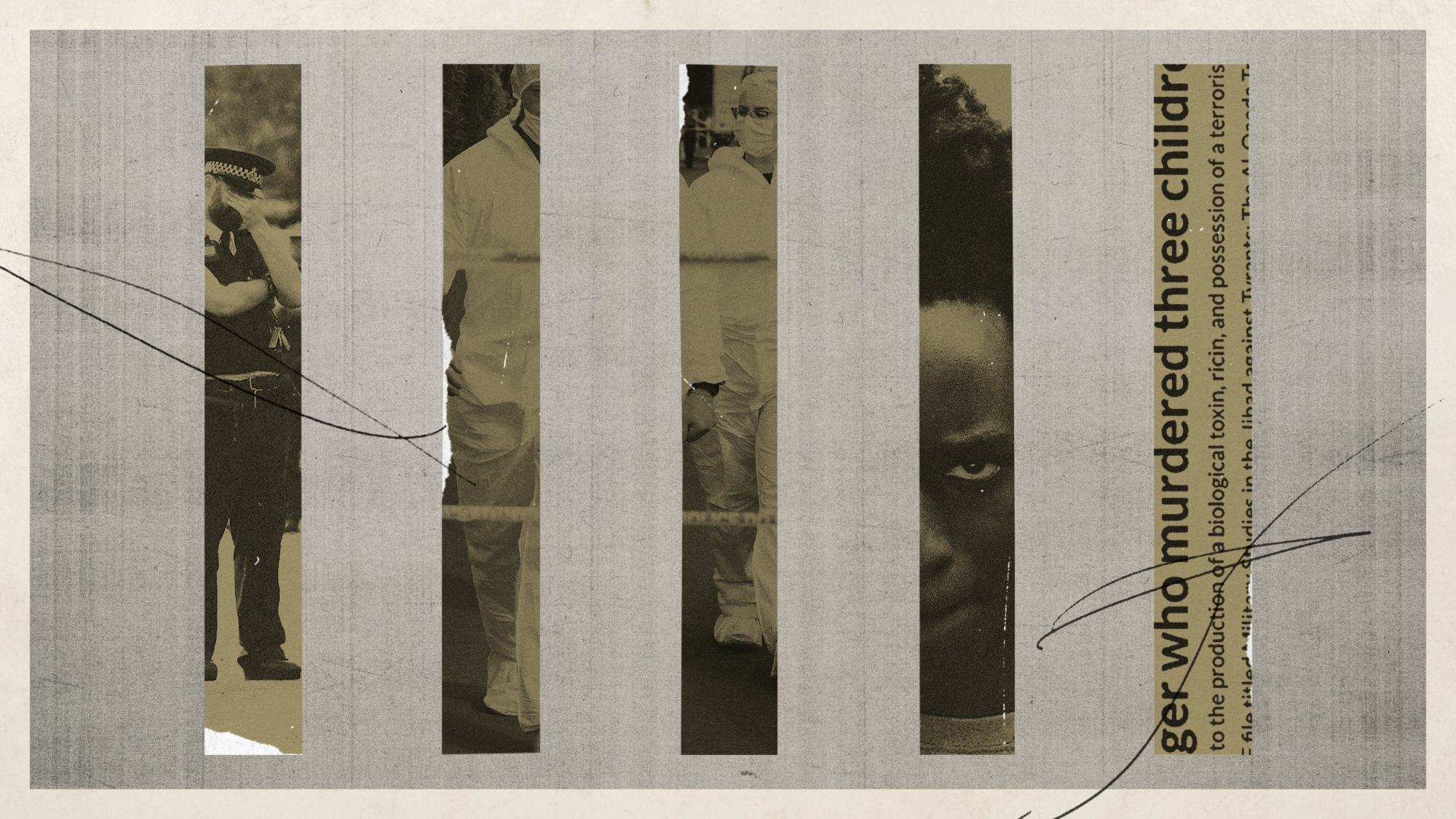 Axel Rudakubana: how much did the authorities know about Southport killer?
Axel Rudakubana: how much did the authorities know about Southport killer?Today's Big Question Nigel Farage accuses PM of a cover-up as release of new details raises 'very serious questions for the state about how it failed to intervene before tragedy struck'
-
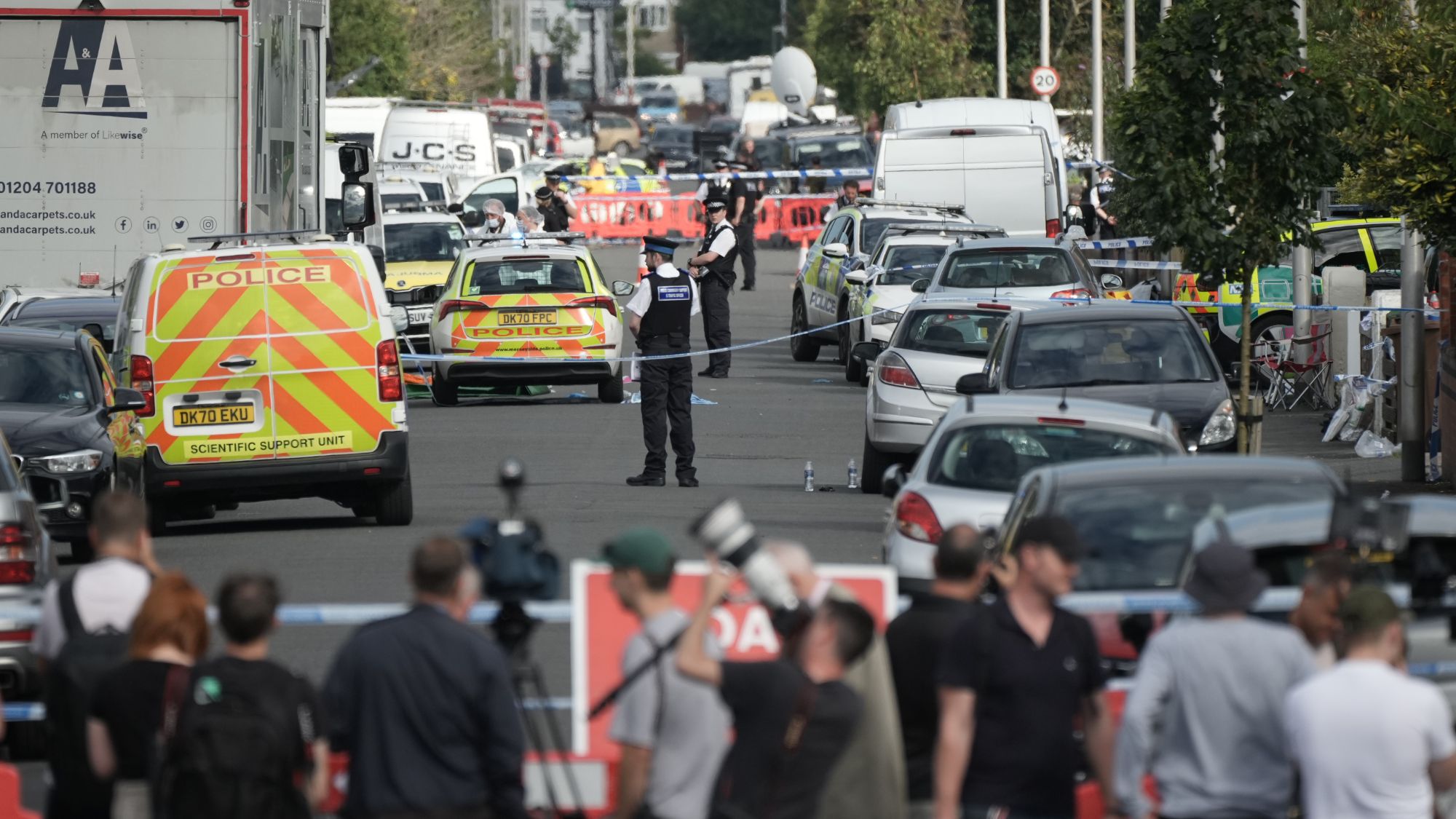 Southport knife attack: third child dies of injuries
Southport knife attack: third child dies of injuriesSpeed Read Taylor Swift shares her condolences after young fans targeted at pop-themed dance class
-
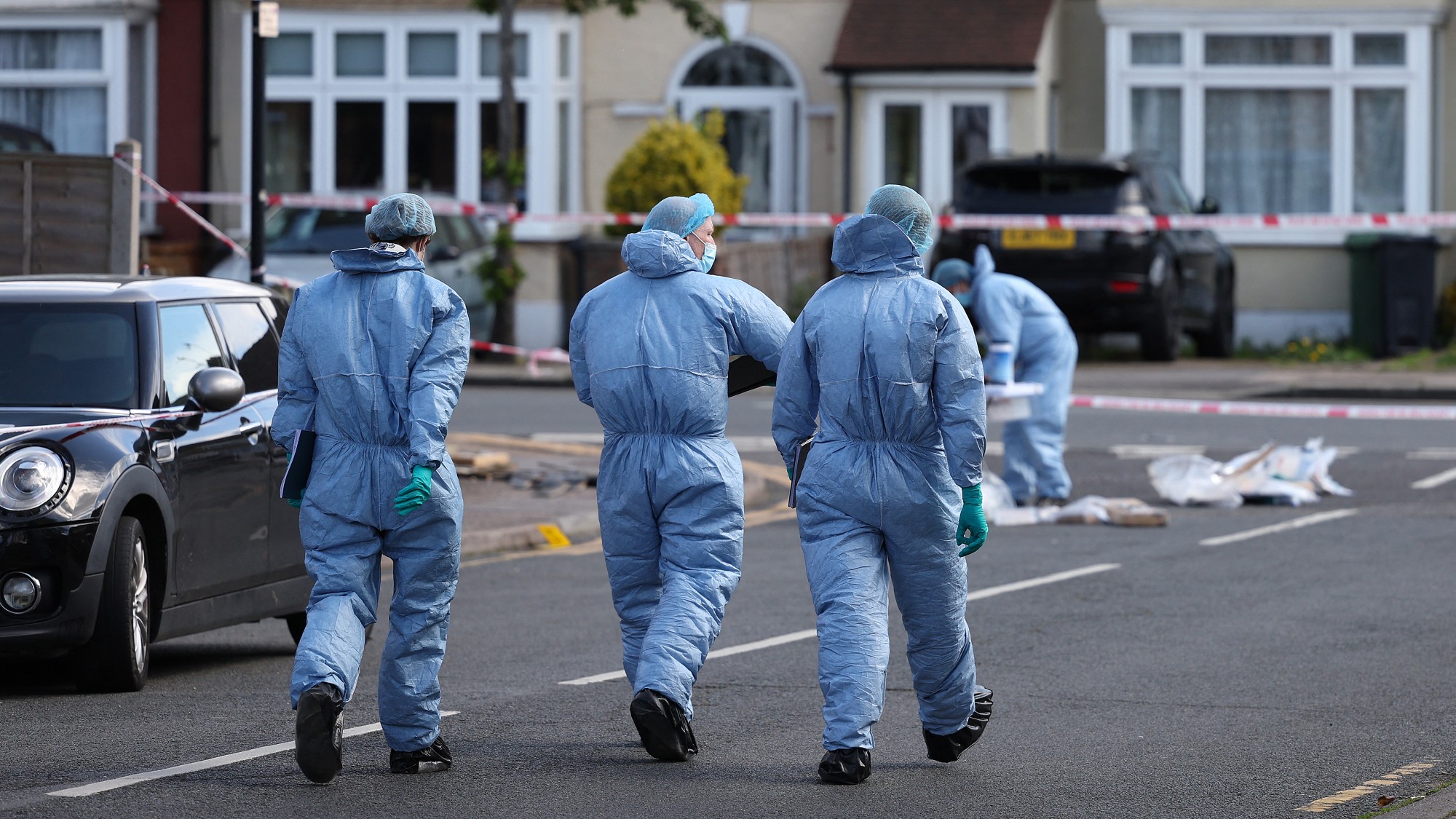 Hainault sword attack: police hunt for motive
Hainault sword attack: police hunt for motiveSpeed Read Mental health is key line of inquiry, as detectives prepare to interview suspect
-
 Nottingham attacks: was justice served?
Nottingham attacks: was justice served?Talking Point Mother of victim says she was 'foolish to trust legal system' as killer Valdo Calocane is sent to high-security hospital
-
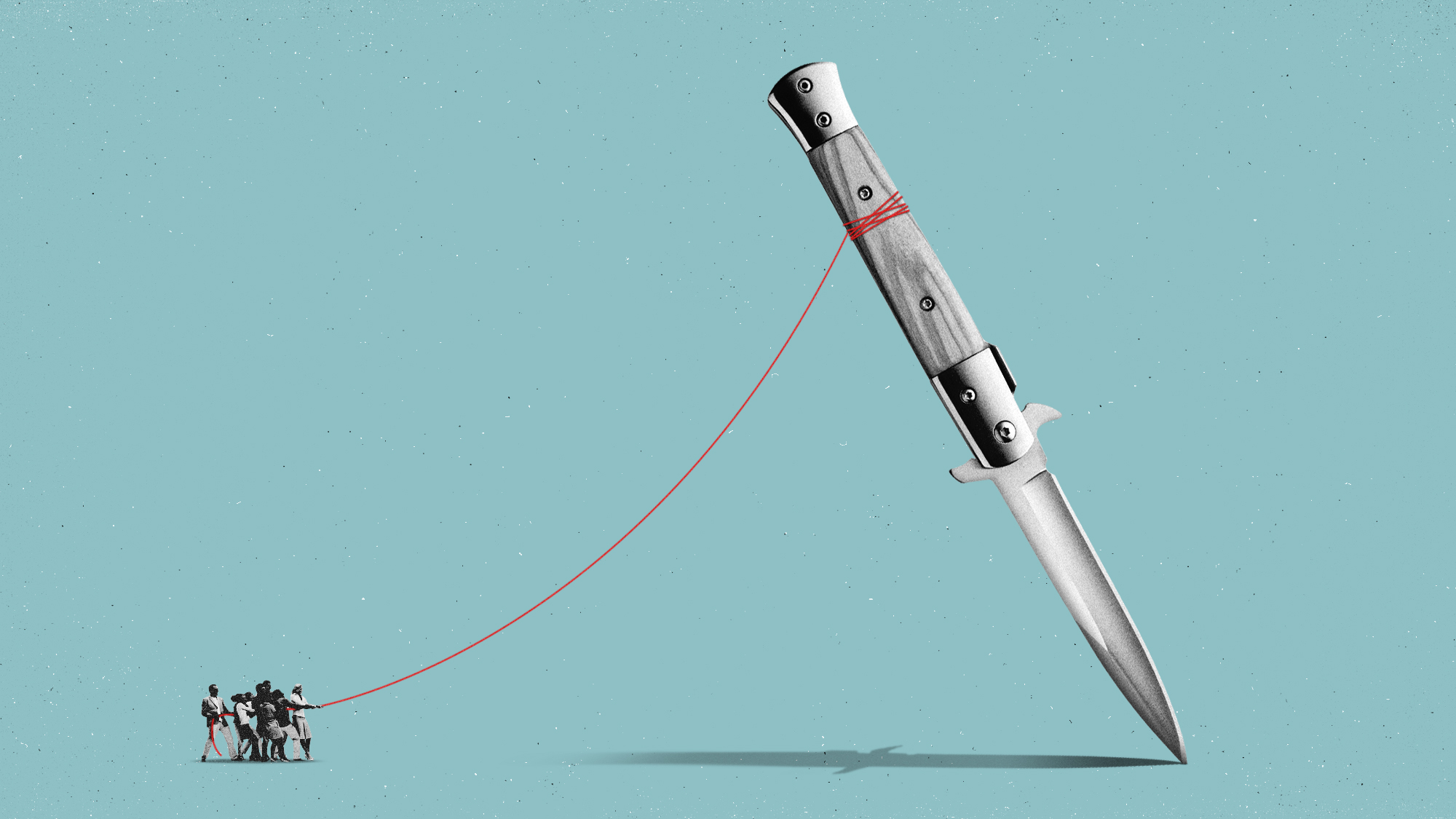 Can the UK's knife crime 'epidemic' be tamed?
Can the UK's knife crime 'epidemic' be tamed?Today's Big Question Fatal stabbings are on the rise but campaigners are divided over punitive threats vs. public health interventions
-
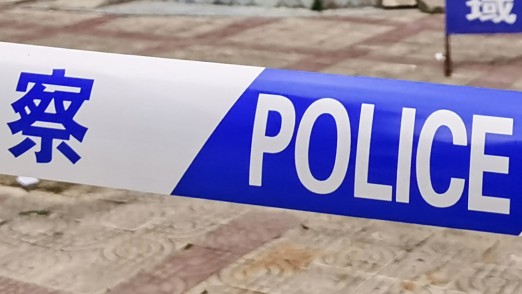 Three children among six dead in Chinese kindergarten stabbing
Three children among six dead in Chinese kindergarten stabbingSpeed Read The attack follows a number of similar mass stabbings in recent years
-
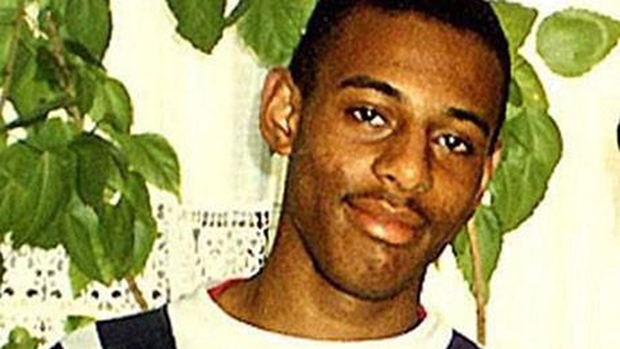 New suspect named in Stephen Lawrence case 30 years on
New suspect named in Stephen Lawrence case 30 years onSpeed Read Baroness Lawrence calls for ‘serious sanctions’ against officers who failed to investigate Matthew White
-
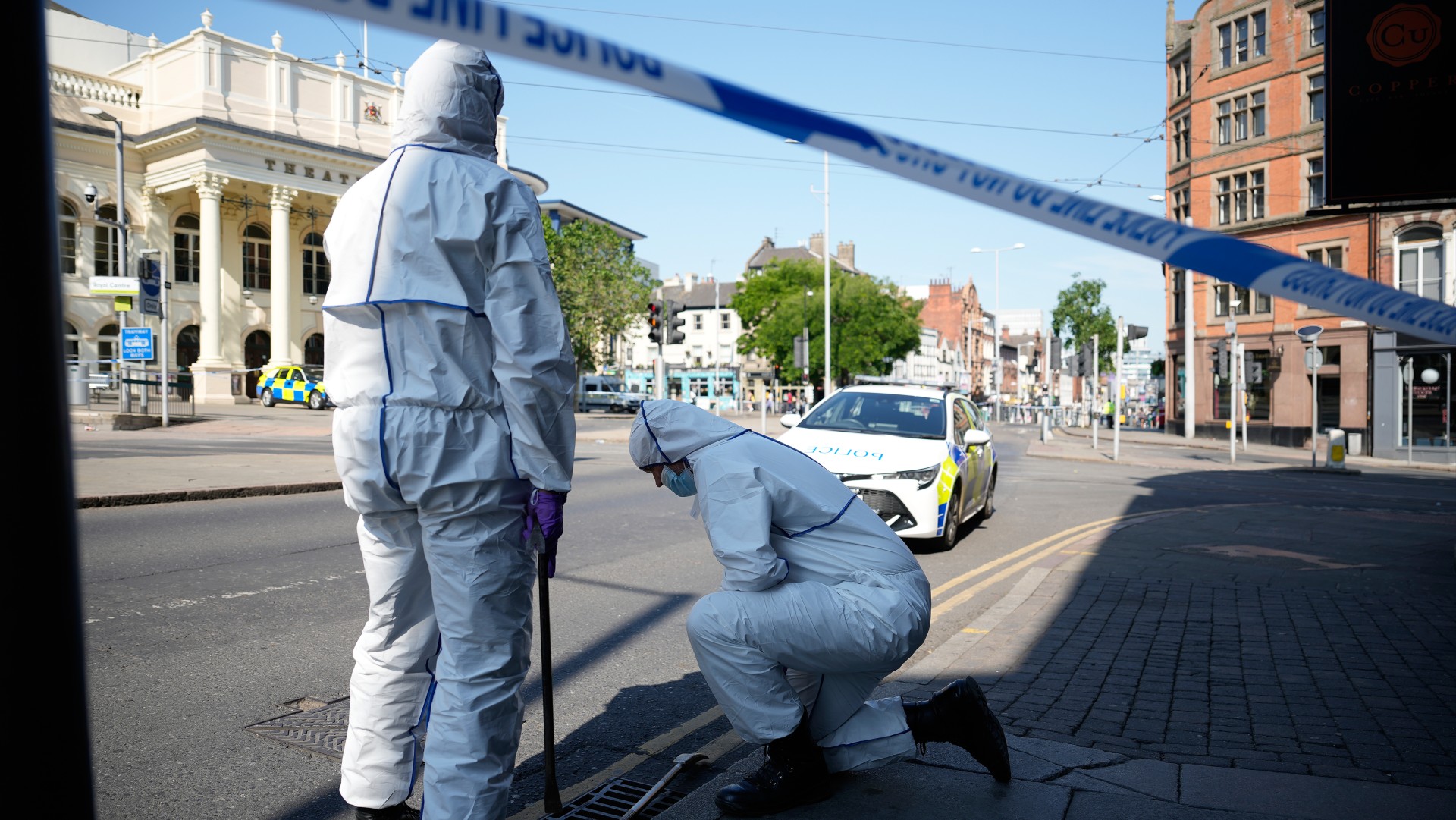 ‘Dark day for Nottingham’: three killed in van and knife attack
‘Dark day for Nottingham’: three killed in van and knife attackSpeed Read A 31-year-old man has been arrested on suspicion of murder in what police believe are connected incidents